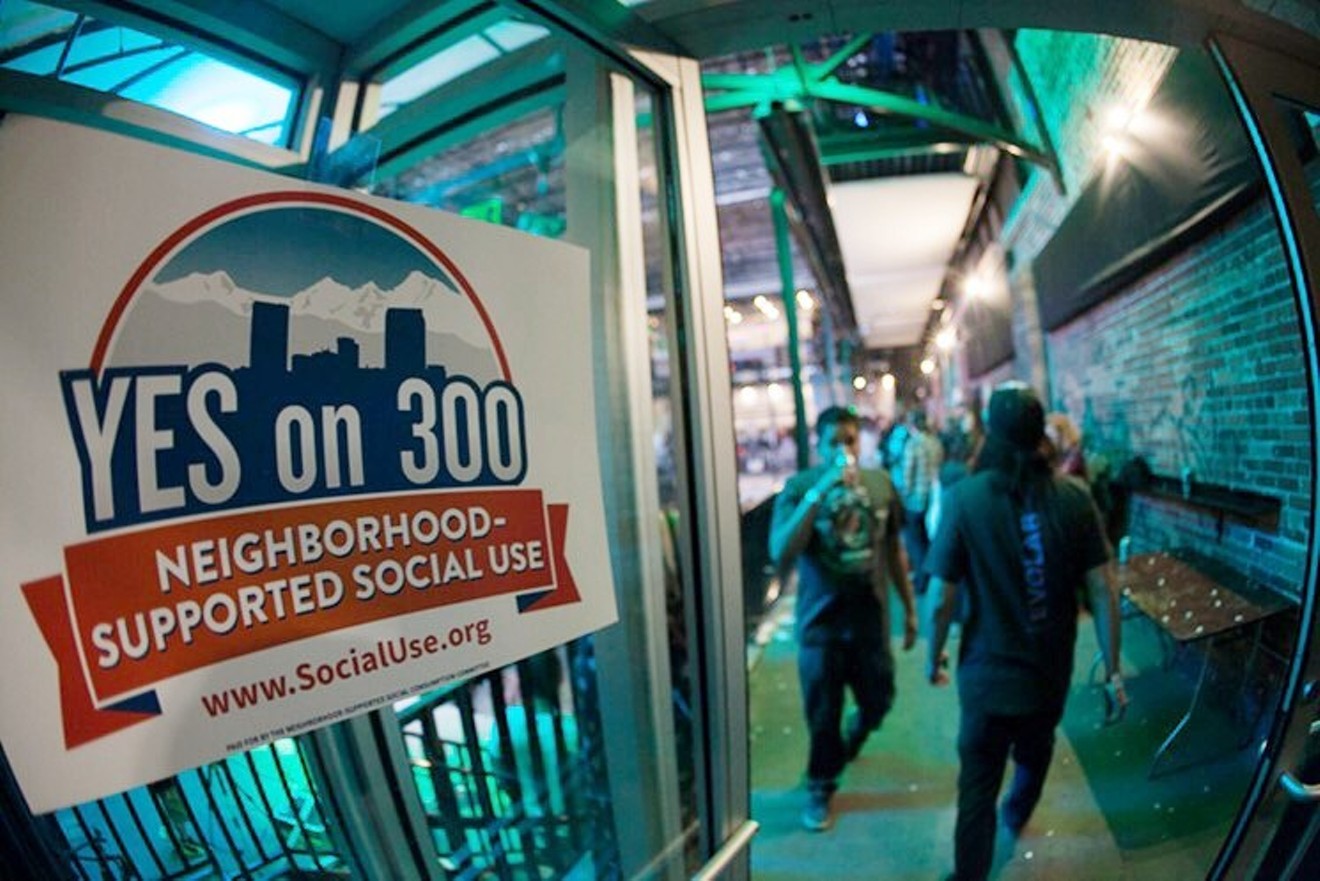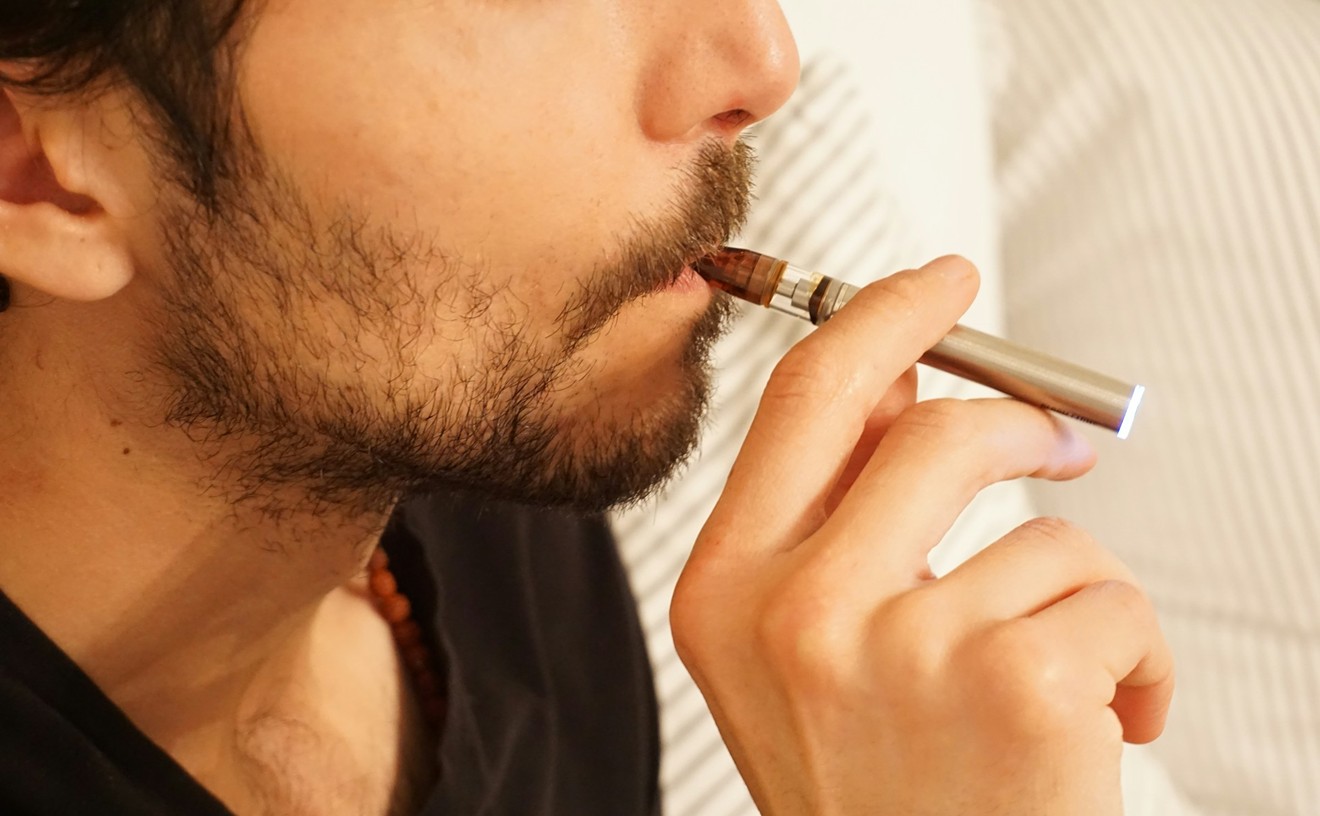This is poised to become a landmark year for the cannabis industry. Already in 2018, California celebrated the launch of the world’s largest regulated cannabis market. Actions are under way in many other states, such as Massachusetts, which will become the first state on the East Coast with a functioning adult-use cannabis system in June.
By the end of 2018, over 20 percent of the population of the United States will live in an adult-use jurisdiction. Canada is expected to legalize marijuana nationally by mid-year, and a number of U.S. states — from New Jersey to Michigan — are projected to pass comprehensive adult-use cannabis laws.
Beneath this flurry of legalization news is an emerging trend that may not garner national headlines but will nevertheless stand out as a historic industry breakthrough: the advent of social consumption lounges in America. While state-led legalization efforts have been at the forefront of providing millions of Americans with access to medical and adult-use cannabis, state and local governments have failed thus far to properly allow for consumption lounges to ensure safe marijuana consumption.
If you could imagine the end of alcohol prohibition in the 1930s without bars, this has been the unfortunate reality for the end of cannabis prohibition in the 2010s. Even more unfortunate, this failure has driven other issues in legalized cannabis markets, such as lingering illegal markets and lack of options for tourists to consume safely indoors.
Social consumption, at long last, will change all of that, and 2018 appears to be the turning point. Following the passage of Initiative 300 in November 2016, Denver will likely issue its first Cannabis Consumption Establishment license this year. Proposition 64 in California also allowed cities to create consumption spaces, and a number of cities across the state will begin permitting social consumption. In New England in December, the Massachusetts Cannabis Control Commission advanced an innovative framework for social consumption that will allow for on-site consumption at a broad range of establishments, including cannabis cafes, restaurants, massage parlors, spas and yoga studios. While social consumption has existed in a limited form in a handful of jurisdictions in the U.S. (e.g., San Francisco), the sheer number of cities likely to authorize social consumption in 2018 will finally place this policy issue into the mainstream.
For those who have traveled to Spain or the Netherlands, social consumption is not an entirely foreign concept. According to a recent RAND working paper, the Netherlands’ cannabis coffeeshop model dates back to 1976 and now boasts 700 such establishments, generating upwards of €600 million in annual revenue. In Spain, the country’s Cannabis Social Clubs (CSCs) have proliferated since the early 1990s and now exceed 800 in number — with a major concentration in the Catalonia region. In Barcelona alone, there are more than 250 CSCs, comprising 200,000-plus members. CSCs in Spain act as meeting places for watching soccer matches and have set an example by engaging in civic charity in their communities.
While social consumption in the U.S. will likely take on its own distinct model (or perhaps even models, given the variance in state and local regulatory frameworks), both Spain and the Netherlands demonstrate that social consumption can seamlessly integrate into existing society with few, if any, negative externalities.
The widespread launch and expansion of social consumption in 2018 will provide myriad social and economic benefits to the cannabis industry and broader society. On the most basic level, the opening of on-site consumption establishments is expected to bring the following benefits:
• Reducing the size of the illegal market in legalized states by allowing legal operators to differentiate themselves with attractive social spaces.
• Reducing odor and public-nuisance complaints as the use of marijuana transitions from public sidewalks and parks to regulated, indoor settings.
• Reducing the rate of intoxicated driving by placing liability on social lounge operators who fail to make sure intoxicated patrons do not drive.
• Increasing tax revenue and job creation in jurisdictions where social consumption lounges are allowed. If marijuana coffee shops in the Netherlands (a country of 17 million) employ 3,400 workers, then social consumption establishments in California (a state of 39.3 million) will have a meaningful impact on the state’s labor market.
There is considerable room for improvement in the state and local policy frameworks that are emerging to regulate social consumption, but this year will see several innovative models from which U.S. policymakers can learn and build upon. The benefits are real, and they address many of the justifications legalization foes take for their stance. For states that have not yet allowed social consumption lounges, the time is now to begin addressing this policy deficiency. With forward-thinking lawmakers and sufficient civic engagement from citizens, we will all be able to look back at 2018 as the year that placed social consumption at the forefront of cannabis policy designed to promote safe, responsible and successful cannabis markets.
Chris Beals is the president and general counsel for Weedmaps, a technology company working with marijuana businesses and consumers to provide advertising, data and software solutions to power the marijuana industry.
Westword occasionally publishes op eds on matters of interest to the Denver community. Send submissions to [email protected].
[
{
"name": "Air - MediumRectangle - Inline Content - Mobile Display Size",
"component": "12017618",
"insertPoint": "2",
"requiredCountToDisplay": "2"
},{
"name": "Editor Picks",
"component": "17242653",
"insertPoint": "4",
"requiredCountToDisplay": "1"
},{
"name": "Inline Links",
"component": "18838239",
"insertPoint": "8th",
"startingPoint": 8,
"requiredCountToDisplay": "7",
"maxInsertions": 25
},{
"name": "Air - MediumRectangle - Combo - Inline Content",
"component": "17261320",
"insertPoint": "8th",
"startingPoint": 8,
"requiredCountToDisplay": "7",
"maxInsertions": 25
},{
"name": "Inline Links",
"component": "18838239",
"insertPoint": "8th",
"startingPoint": 12,
"requiredCountToDisplay": "11",
"maxInsertions": 25
},{
"name": "Air - Leaderboard Tower - Combo - Inline Content",
"component": "17261321",
"insertPoint": "8th",
"startingPoint": 12,
"requiredCountToDisplay": "11",
"maxInsertions": 25
}
]












